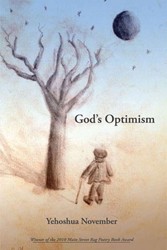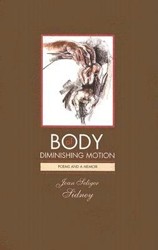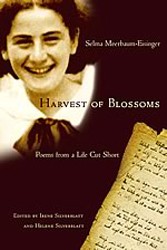The question of Jewishness in poetry is too often answered by writing that seems like a forced demonstration of identity or an overly rehearsed, mocking self-hatred. Or it’s pretentiously learned. Or it lives entirely in nostalgia. Over several decades, Myra Sklarew has carefully avoided these stances. Her art is most profoundly Jewish even when it is not topically Jewish. Her identity as a Jewish woman and artist, a time traveler who breathes and reimagines Jewish experience across the ages, is secure. Her modesty in stance and style rests on certainties that remain unnamed while releasing the power of acute perceptions.
Sklarew is at home with Torah as myth and history, and also with modern and contemporary history, particularly its themes of violence and separation. She cherishes equally the creative urge and courageous failures of the artist and of the scientist. She is at home with the constant flux of loss, disorientation, and balance restored. At home with mystery, she is wise enough not to unravel it.
As Myra Sklarew meditates on the consequences of war (“Sleeping in Lithuania”), the evergreen meanings of sacred story (“Crossing Over” and “Moses”), the richness of Jewish poetic achievement (“Keeping Silent: for Stanley Kunitz” and “The Journey,” honoring Yehuda Halevi), or the unfathomable resilience of grieving mothers and abandoned children, she awakens us to the magic of dvarim— words, words polished and fitted together into an ascending staircase. Notes.
Philip K. Jason is professor emeritus of English at the United States Naval Academy. A former editor of Poet Lore, he is the author or editor of twenty books, including Acts and Shadows: The Vietnam War in American Literary Culture and Don’t Wave Goodbye: The Children’s Flight from Nazi Persecution to American Freedom.





